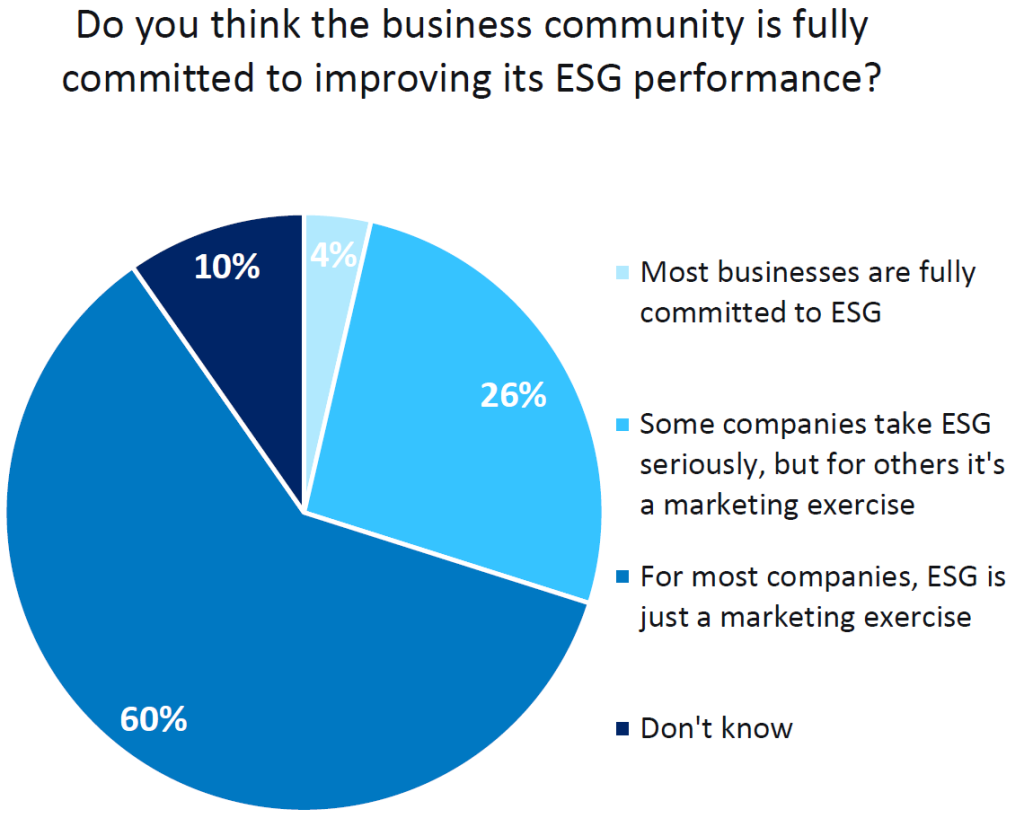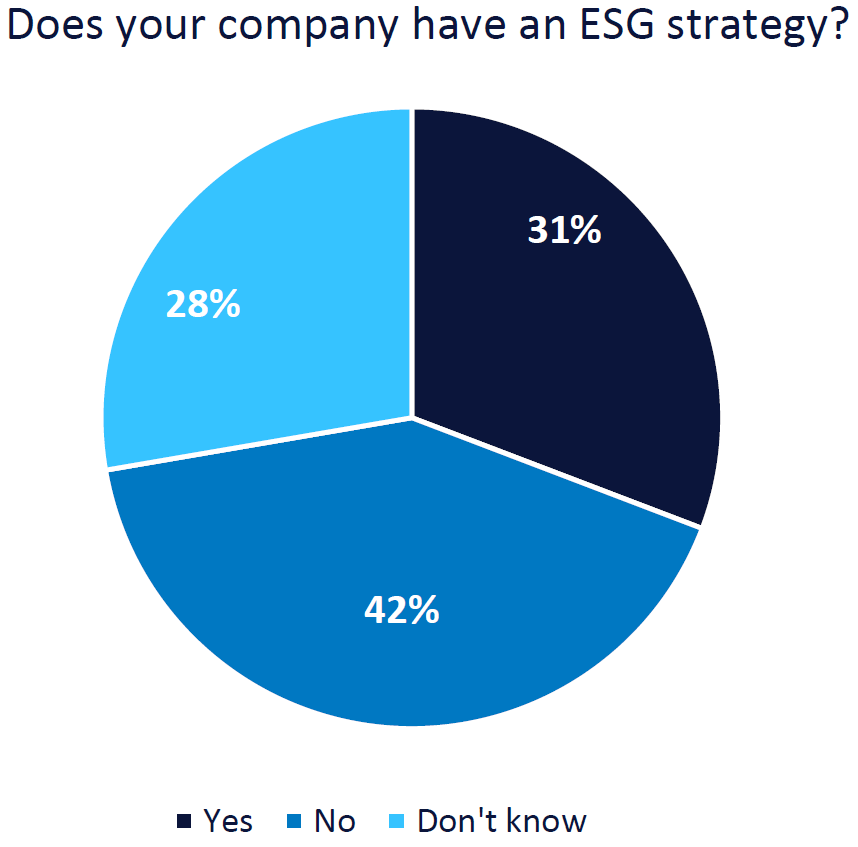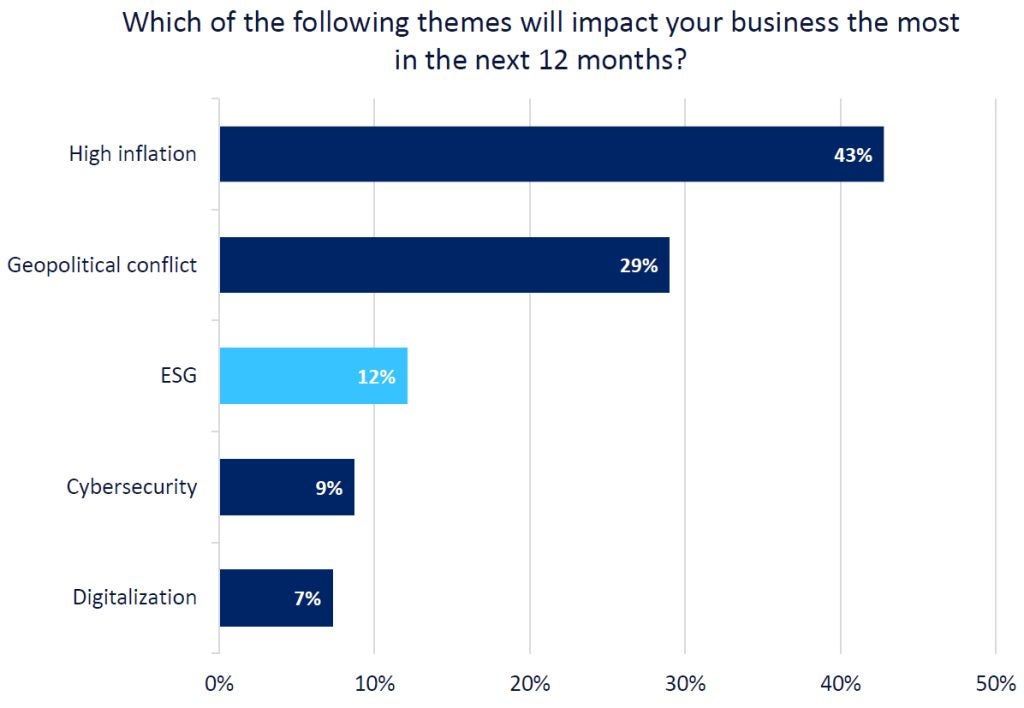Faith in environmental, social and governance (ESG) efforts across industries is plummeting as macroeconomic and geopolitical threats continue to preoccupy businesses, a new survey has found.
GlobalData’s ESG Sentiment Polls Q3 2024 survey shows that more respondents than ever before believe that businesses view ESG as just a marketing exercise.

In response to the question “Do you think the business community is fully committed to improving its ESG performance?”, three-fifths (60%) of 361 respondents across GlobalData’s network of B2B websites indicated they believe that “for most companies, ESG is just a marketing exercise”, up from just over half (52.4%) in Q2. A further 26% feel that “some companies take ESG seriously, but, for others, it’s a marketing exercise,” up from 23.7% in the previous quarter.

These rising figures track with the number of respondents reporting that their company has an ESG strategy in place, which has fallen sharply. The survey found that, among 364 respondents, 42% indicated that there was no ESG strategy at their company – a five percentage point rise from the 37% of respondents that indicated as much in Q2.
Just under a third (31%) of respondents said their company does have an ESG strategy in place, but notably the single most common reason cited was due to legislation and pressure from government (40% of 350 respondents). The desire to improve financial performance was the next most cited reason, with a quarter of respondents (25%) indicating as much. Notably, pressure from customers, which has often topped the reasons for why companies should have an ESG strategy, was the main reason for only 15% of respondents in Q3.

Despite the figures, GlobalData says it still believes ESG will be the critical theme impacting businesses over the next decade. Currently, though, it is viewed by businesses as the third most important, with only 12% of 355 respondents indicating that they feel it would be the most important theme for the next 12 months.
In this respect, ESG falls well short of geopolitical conflict in second place, which nearly a third of respondents (29%) believe will be the most important theme. The theme most respondents feel will be the most important in the coming 12 months is inflation, which at 43% has extended its lead with a rise of six percentage points from 37% in Q2.
The other themes making up the top five were cybersecurity (9%) and digitalisation (7%).















